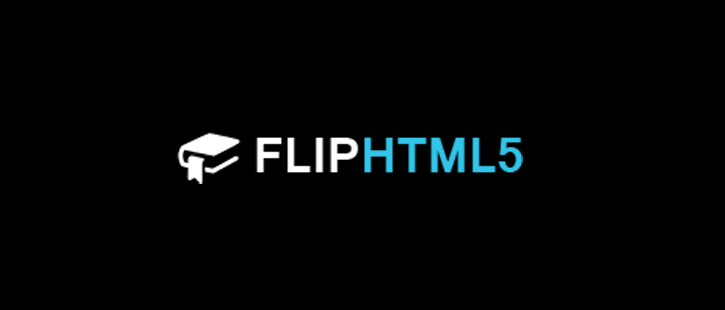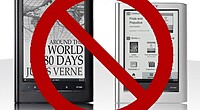
With all of the excitement over the shift to digital–and news headlines appears every day that highlight another newspaper or magazine that has moved into the electronic edition sphere–it’s easy to overlook some of the processes that led to the creation of the digital edition in the first place. Companies like Adobe have been offering a mildly user-friendly tool in their DPS suite, “mildly” being the term because it just meant that the existing graphic designers within a publications’ art department could do it without having to rely on a whole staff of IT pros to code the thing together; it’s not your Grandma’s hobby platform, though, and it takes specialized know-how to produce a quality product with it. Of course, then it’s up to the publishers to distribute it and market it.
A more recent platform, FlipHTML5, has been gaining a lot of ground with smaller publishers who have the design experts to produce a great magazine but, just as with DPS, may not have strength in coding. FlipHTML5 has increased in popularity to the point that it’s expected to reach 2.5 million total downloads before the end of this month.
“It undoubtedly features the most advanced editor,” claims a release from the company that came out this week. “Apart from that, it offers many high-end features not available in other magazine makers. Some of these features are, but not limited to, availability in multiple languages, bookcase embedding and easy mobile viewing facility, ability to add notes and annotations, self-hosting, and many more. As a result, the FlipHTML5 team expects to have 2.5 million downloads by the end of March, which will also repeatedly prove the success rate and popularity of this premium magazine maker.”
One new concept in digital editions is this notion that any correlating print editions don’t have to be identical to the digital. What the industry has experienced so far is a copy-for-copy replication process that didn’t really take full advantage of the capabilities that digital magazines–especially for mobile device reading–made possible. Recent discussions and industry events have focused on this problem, and an acknowledgement that the industry needs to adopt a broader view of digital magazines and newspapers has already happened.
Mercy Pilkington is a Senior Editor for Good e-Reader. She is also the CEO and founder of a hybrid publishing and consulting company.
